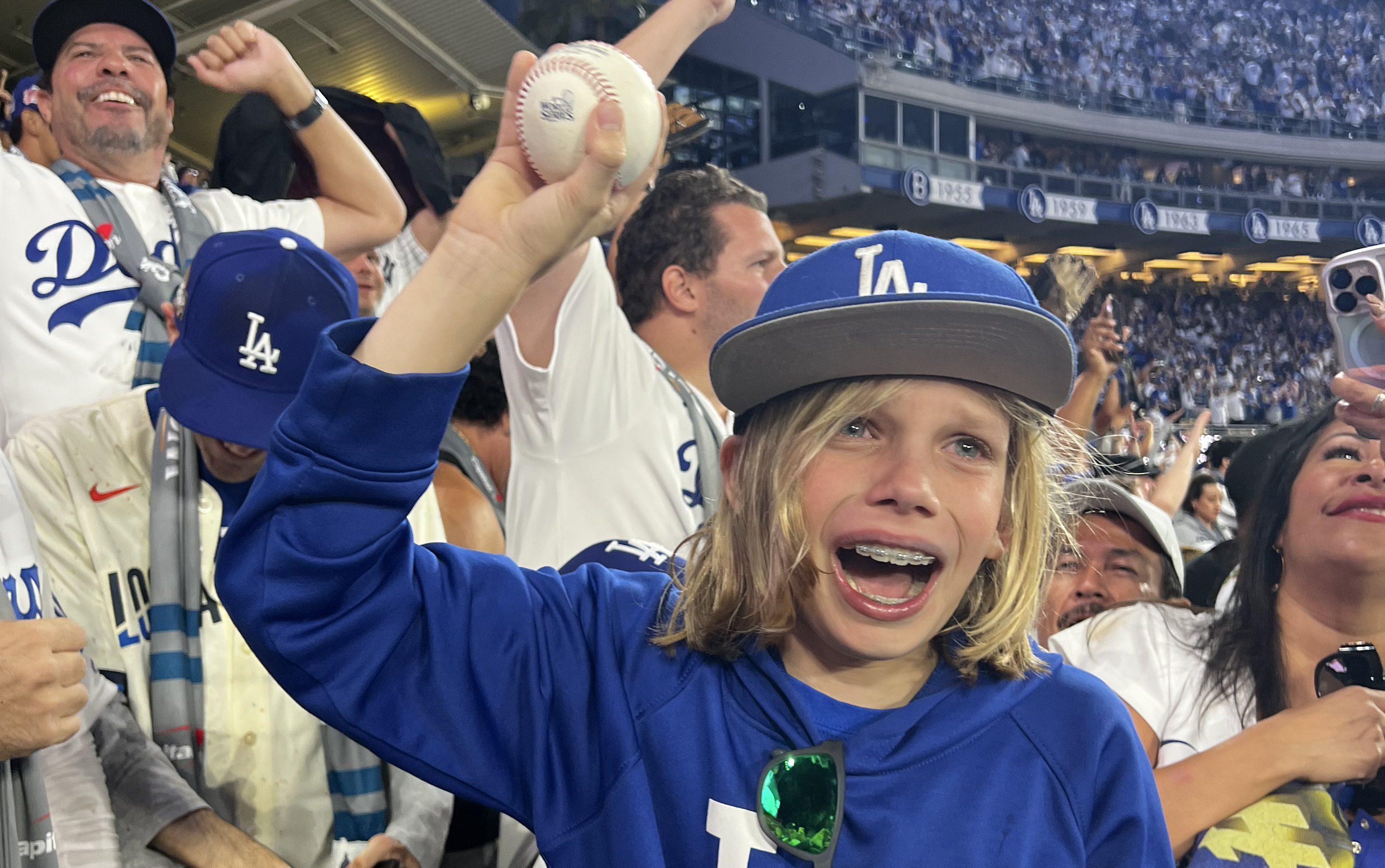Those a part of the Triumph Foundation will be the first to tell you that they are a family, not related by blood or ancestry, but by injury.
"This is not the club any one wants to join," said Andrew Skinner, the foundation's founder. "But once you're in, you're family."
The Triumph Foundation is a non-profit organization that helps children, adults and veterans of all ages with spinal cord injuries or disorders to triumph over their disability and continue to move on with their lives.
The how's and the why's of why everyone in the Triumph Foundation is there vary but many of them have experienced bouts of denial and depression.
Skinner experienced both after he was paralyzed in a snowboarding accident in November 2004.
Before the accident, Skinner's life was looking bright. "I landed a great job, I met the girl of my dreams and I was on top of the world," he said.
But after the accident, he thought his life was over.
News
Top news of the day
"I remember lying in my hospital bed and looking at my girlfriend and saying, 'You need to leave' and saying, 'What kind of life could you possibly have? I ruined it.'"
Instead, his girlfriend stayed by his side and became his wife, the couple eventually even having a daughter together.
Over time, Skinner's physical and emotional downs turned to ups, and his "why me's" turned into "What now?" which inspired him to establish the Triumph Foundation in 2008.
The Triumph Foundation also has a "Keep Moving Forward" grant that is dedicated to converting challenges into change. The grant helps people get ramps for their homes, get them the proper wheelchairs and help them return to work.
"Some people like to say we're disabled," said Walter Escamilla, an ambassador for the Triumph Foundation. "I like to say we just do things different."
Today, the foundation has over 50 trained ambassadors who travel all throughout Southern California to give newly injured patients care baskets packed with resources and an invitation to a support group.
The Triumph Foundation has over a dozen support groups in South California that have popped up since its inception 10 years ago.
Gisele Friedman calls the foundation's group therapy, "the best thing" that could have happened to her throughout her rehabilitation.
Friedman was paralyzed almost 3 years ago and still attends the foundation's support groups.
"Knowing you're not alone and that you're not the first and not the last to go through this" Friedman said, is the most important part of the group therapy.
"I mean this is a family now," she said. "We get each other now."



